How Many Credit To Get An Associate Degree
How Many Credit To Get An Associate Degree: Your Complete Guide
Thinking about starting college but don't want to commit to a four-year bachelor's program right away? An Associate Degree is often the perfect launchpad. It provides essential skills for immediate employment or sets you up perfectly for transferring to a four-year institution.
But before you enroll, one crucial question pops up: How many credit to get an Associate Degree? The answer isn't a secret, but it does depend slightly on your program, your school, and how you decide to manage your academic journey. Let's break down the typical requirements so you can start planning your timeline and budget effectively.
The Magic Number: 60 Credits, Generally Speaking
For most students attending a college or university using the traditional semester system, the standardized minimum requirement is 60 college credits. This standard typically translates into approximately 20 courses, assuming each course is worth 3 credit hours.
This 60-credit benchmark is generally designed to be completed in two years if you enroll as a full-time student (taking 15 credits per semester). However, if your institution operates on a quarter system—where terms are shorter and more frequent—the number changes. In a quarter system, you would typically need around 90 quarter credit hours to earn your Associate Degree.
It's important to note that while 60 is the average minimum, some highly specialized technical degrees might require slightly more, perhaps 64 or 68 credits, due to intensive lab work or internship requirements.
Associate Degree Types and Credit Requirements
The type of Associate Degree you pursue often dictates the internal distribution of those credits, even if the total remains 60. Most degrees fall into one of three major categories. Understanding these differences is key to knowing exactly what classes you must take to meet the requirements for how many credit to get an Associate Degree.
- Associate of Arts (AA): This degree is heavily focused on liberal arts, humanities, and social sciences. It's ideal for students planning to transfer to a four-year college to pursue fields like English, History, or Communications. AA degrees usually require the highest number of general education credits.
- Associate of Science (AS): Designed for technical fields like Computer Science, Biology, or Mathematics. AS degrees swap out some humanities for math and science prerequisites. This path prepares you for a bachelor's program in a STEM field.
- Associate of Applied Science (AAS): This is career-focused and meant for immediate entry into the workforce (e.g., Nursing, Culinary Arts, Automotive Technology). AAS degrees have the fewest general education requirements, focusing instead on specialized training credits.
Breaking Down the Credits: General Ed vs. Major Courses
Whether you need 60 or 64 credits, these totals are always split between core requirements and electives. This structure ensures you have a well-rounded educational base while still gaining expertise in your specific field of study.
Here is a typical breakdown for a 60-credit AA or AS degree:
- General Education Core (Approx. 30-36 Credits): These are mandatory foundational courses—English Composition, College Math, History, and Natural Sciences. These credits are highly transferable.
- Major Concentration Courses (Approx. 18-24 Credits): These are specific classes related to your degree (e.g., Accounting principles, Introduction to Coding, or specific nursing prerequisites).
- Electives (Approx. 6-12 Credits): These can be used for introductory classes in a minor, foreign language, or just classes that interest you.
If you pursue an AAS, the Major Concentration Courses portion will be significantly higher, often accounting for 35 to 40 credits, reducing the General Education requirement.
Factors That Influence Your Credit Count
While 60 credits is the baseline, you might find that you finish with fewer credits required, or you might need more time due to external factors. Your final credit count isn't just about showing up for class; it's also about what prior learning you bring to the table.
The institution you choose, state regulations regarding transfer agreements, and your preparation level all play a role. Always check the specific degree plan published by your college, as this will be the definitive source for exactly how many credit to get an Associate Degree in your chosen major.
Can Transfer Credits Reduce Your Load?
Absolutely! One of the best ways to reduce your required coursework—and save money and time—is by utilizing college credits you earned prior to formal enrollment. These transfer credits directly count toward that 60-credit total, often fulfilling General Education requirements.
Common ways students accumulate transfer credits include:
- Advanced Placement (AP) Exams: If you scored high enough on AP exams during high school, you can often receive college credit for foundational subjects like English or Calculus.
- Dual Enrollment: Many high schools offer partnerships with community colleges allowing students to take college courses while still in high school. These credits are almost always transferable.
- Credit by Examination (CLEP/DSST): These standardized tests allow you to demonstrate mastery of a subject and earn credit without taking the corresponding class.
- Military Service/Professional Certifications: Some colleges recognize training from the military or certain professional certifications, allowing you to bypass specific courses.
If you successfully utilize transfer credits, you could potentially shave off a full semester or more from your degree plan, meaning fewer than 60 credits are actually taken on campus.
Speeding Up Your Degree: Accelerated Programs
If the traditional two-year timeline feels too slow, many institutions offer accelerated options that don't change the total number of credits (it's still 60!), but compress the time it takes to earn them.
These programs require students to take heavier course loads or utilize shorter, more intensive course formats. For example, rather than taking 15 credits over 16 weeks, you might take 6 to 9 credits over an 8-week period, repeating that cycle multiple times a year, including summers.
If you commit fully, it's entirely possible to earn your 60-credit Associate Degree in 18 months or less. Just be aware that this requires significant dedication and is often best suited for students who are not working full-time.
Conclusion: Planning Your 60-Credit Journey
The fundamental answer to the question, how many credit to get an Associate Degree, is 60 semester credits (or 90 quarter credits). This standardized requirement ensures that your degree provides the necessary foundation for either entry-level employment or seamless transfer to a bachelor's program.
Your action plan should always start with consulting the specific degree plan at your chosen institution. Verify the precise credit breakdown between general education and major courses. By maximizing transfer credits and choosing a course load that suits your life, you can effectively manage those 60 credits and achieve your academic goals efficiently.
Frequently Asked Questions (FAQ)
- What is the difference between a semester credit and a quarter credit?
- A semester system typically involves two 15-week terms per year, and 60 credits are needed. A quarter system has three or four 10-week terms per year, and usually requires 90 quarter credits for the same degree. Generally, one semester credit is equivalent to 1.5 quarter credits.
- Can I earn an Associate Degree in less than two years?
- Yes. If you maximize transfer credits, enroll in accelerated programs, or take heavy course loads (more than 15 credits per semester), you can complete the 60 required credits in 18 months or sometimes even 12 months.
- Do all 60 credits transfer if I move to a four-year college?
- Not always, but most do. Credits earned in an Associate of Arts (AA) or Associate of Science (AS) degree are designed to be highly transferable, especially if you attend an in-state public college. However, credits from an Associate of Applied Science (AAS) often include specialized vocational training that may not count toward a traditional bachelor's degree.
- What happens if I take more than 60 credits?
- Taking more than the minimum 60 credits is fine, especially if you are using electives to explore potential minors or transfer prerequisites. However, aim to stick close to the required amount to save on tuition costs and unnecessary time spent in school.
How Many Credit To Get An Associate Degree
How Many Credit To Get An Associate Degree Wallpapers
Collection of how many credit to get an associate degree wallpapers for your desktop and mobile devices.
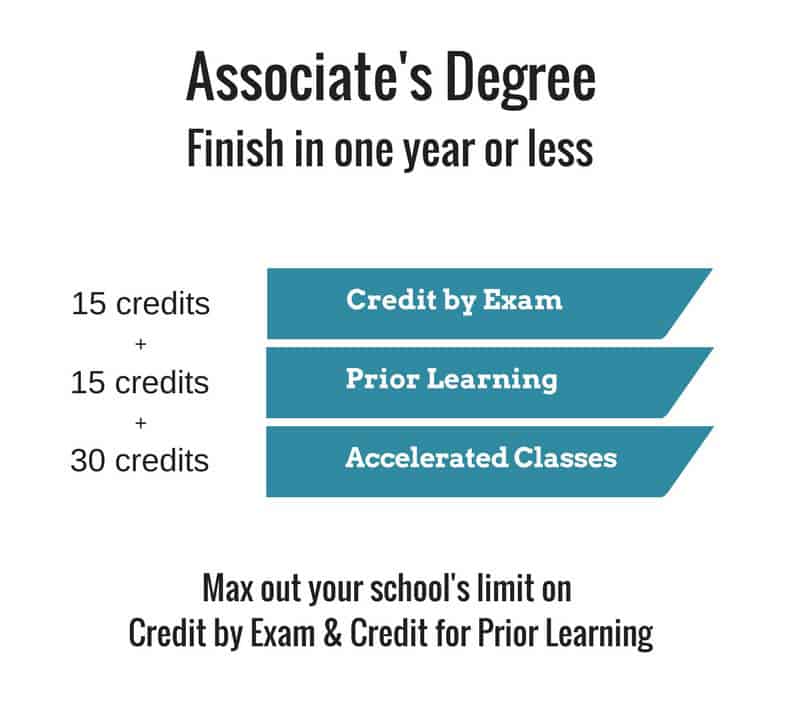
Crisp How Many Credit To Get An Associate Degree Wallpaper Nature
A captivating how many credit to get an associate degree scene that brings tranquility and beauty to any device.
.png)
Crisp How Many Credit To Get An Associate Degree Capture Concept
A captivating how many credit to get an associate degree scene that brings tranquility and beauty to any device.
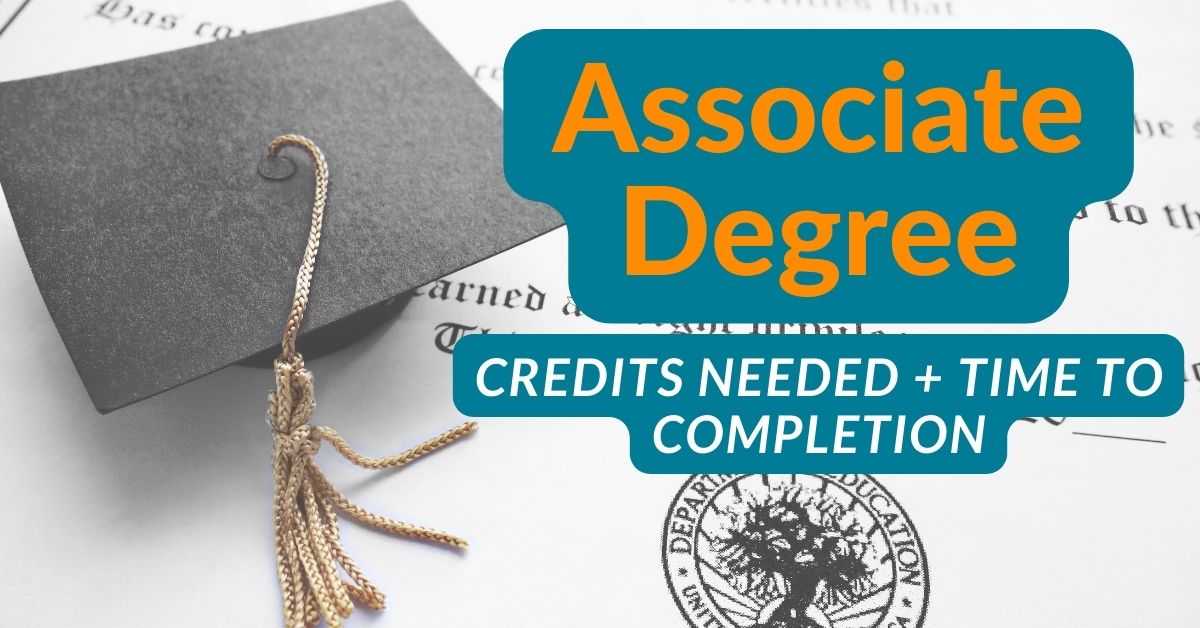
High-Quality How Many Credit To Get An Associate Degree Moment in 4K
Discover an amazing how many credit to get an associate degree background image, ideal for personalizing your devices with vibrant colors and intricate designs.

Vibrant How Many Credit To Get An Associate Degree Artwork for Desktop
Explore this high-quality how many credit to get an associate degree image, perfect for enhancing your desktop or mobile wallpaper.
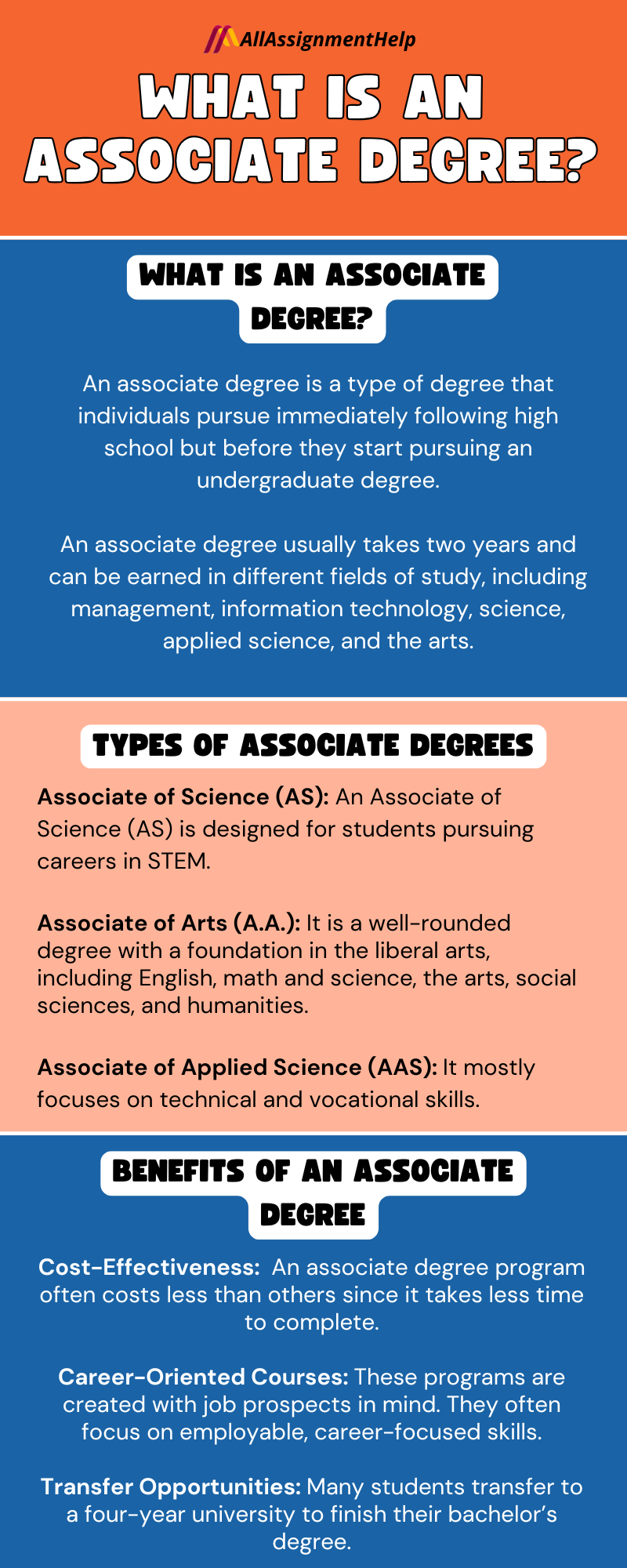
Crisp How Many Credit To Get An Associate Degree Image Illustration
This gorgeous how many credit to get an associate degree photo offers a breathtaking view, making it a perfect choice for your next wallpaper.
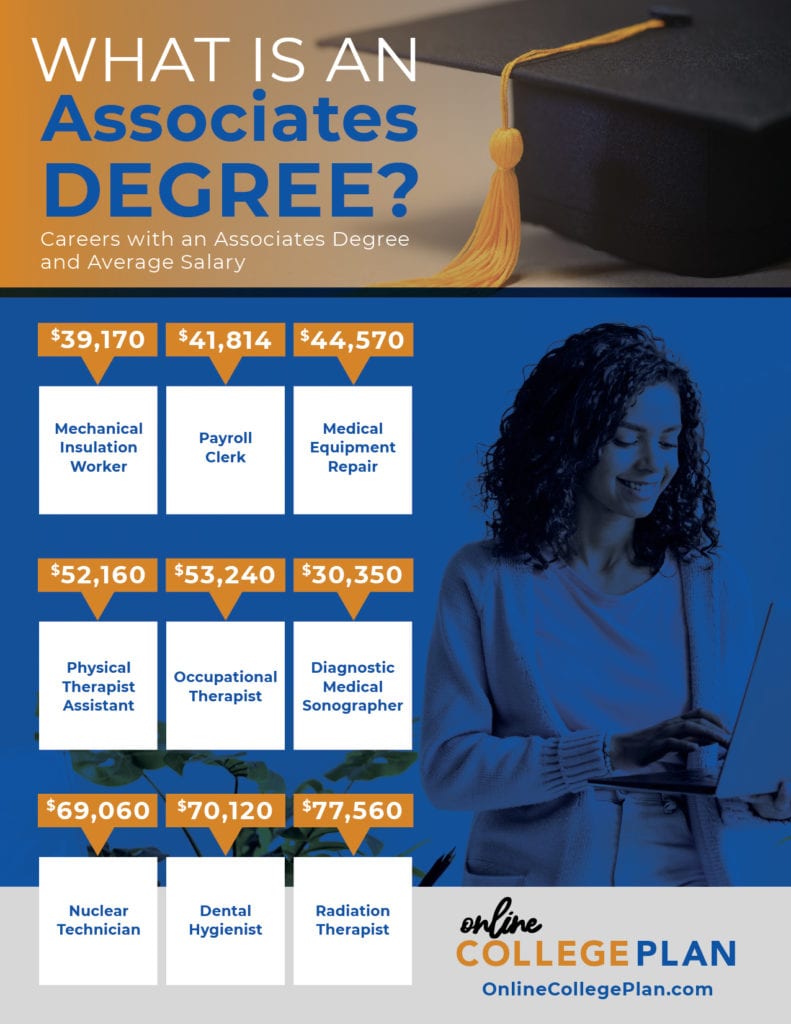
Beautiful How Many Credit To Get An Associate Degree Photo Collection
Experience the crisp clarity of this stunning how many credit to get an associate degree image, available in high resolution for all your screens.

Artistic How Many Credit To Get An Associate Degree Design Illustration
A captivating how many credit to get an associate degree scene that brings tranquility and beauty to any device.

Breathtaking How Many Credit To Get An Associate Degree Capture Digital Art
Transform your screen with this vivid how many credit to get an associate degree artwork, a true masterpiece of digital design.

Spectacular How Many Credit To Get An Associate Degree Image Photography
Immerse yourself in the stunning details of this beautiful how many credit to get an associate degree wallpaper, designed for a captivating visual experience.

Crisp How Many Credit To Get An Associate Degree Background Photography
Immerse yourself in the stunning details of this beautiful how many credit to get an associate degree wallpaper, designed for a captivating visual experience.

Gorgeous How Many Credit To Get An Associate Degree Landscape for Desktop
This gorgeous how many credit to get an associate degree photo offers a breathtaking view, making it a perfect choice for your next wallpaper.
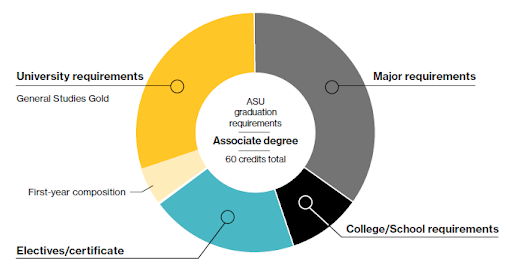
Mesmerizing How Many Credit To Get An Associate Degree Background for Mobile
Experience the crisp clarity of this stunning how many credit to get an associate degree image, available in high resolution for all your screens.
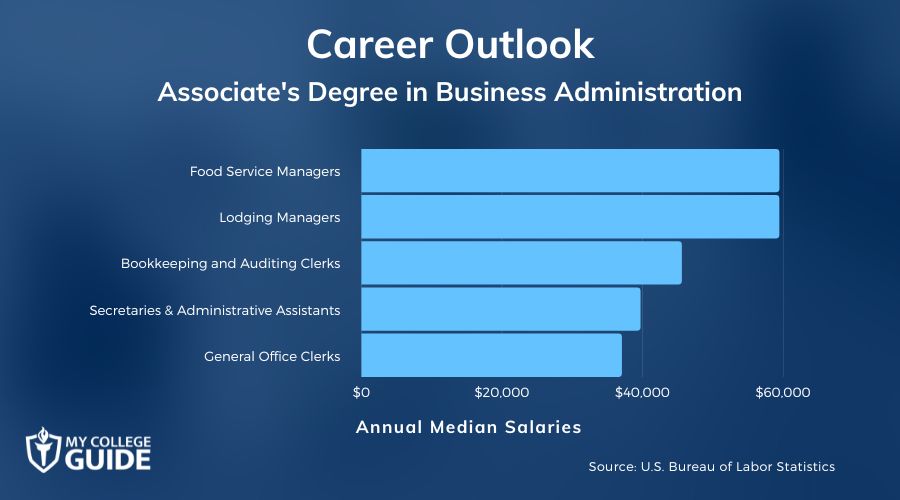
Dynamic How Many Credit To Get An Associate Degree Capture Art
Find inspiration with this unique how many credit to get an associate degree illustration, crafted to provide a fresh look for your background.

Lush How Many Credit To Get An Associate Degree Landscape Photography
A captivating how many credit to get an associate degree scene that brings tranquility and beauty to any device.

Breathtaking How Many Credit To Get An Associate Degree Wallpaper Illustration
Explore this high-quality how many credit to get an associate degree image, perfect for enhancing your desktop or mobile wallpaper.

Dynamic How Many Credit To Get An Associate Degree Image Illustration
Find inspiration with this unique how many credit to get an associate degree illustration, crafted to provide a fresh look for your background.
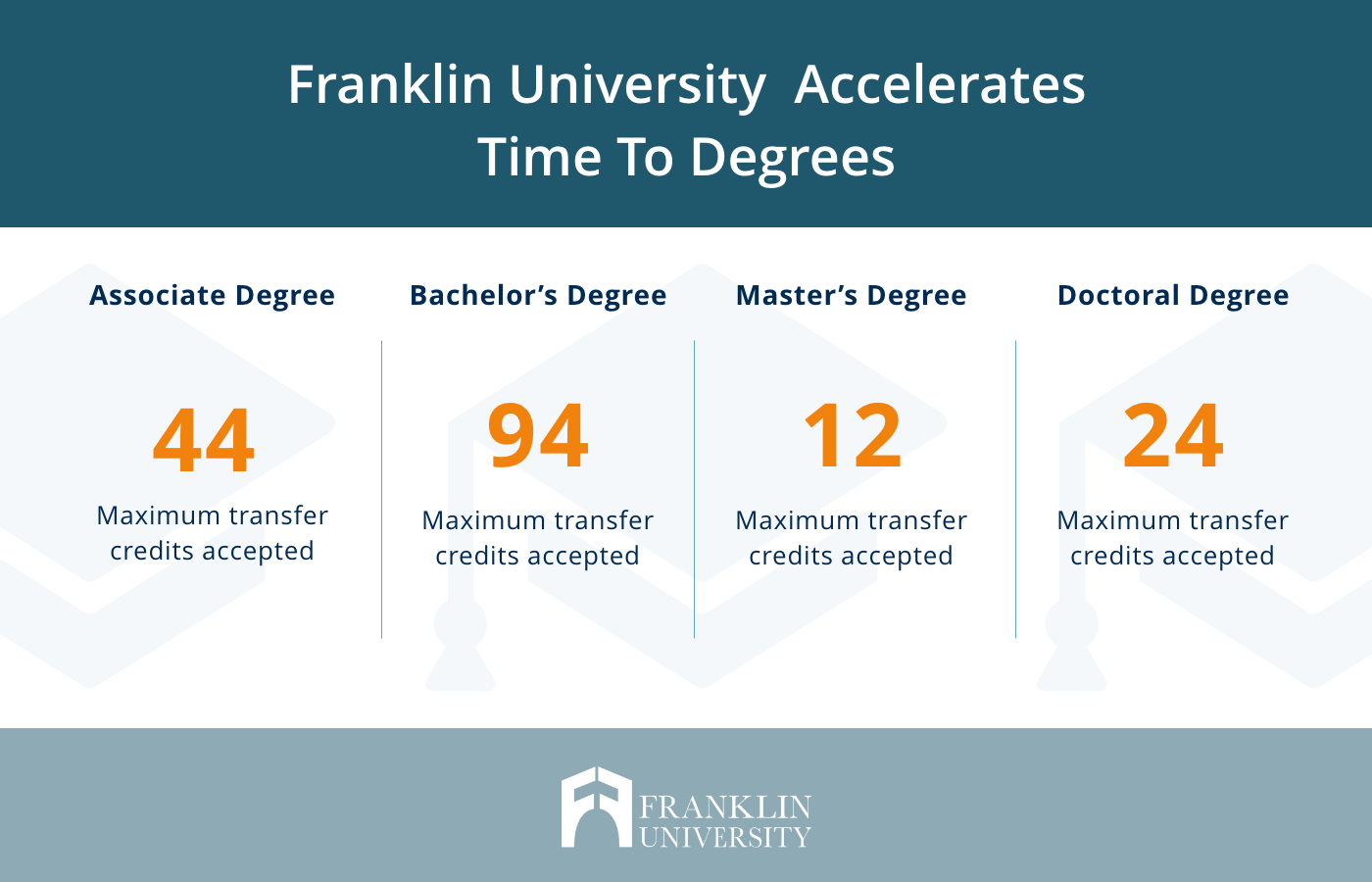
Stunning How Many Credit To Get An Associate Degree Landscape Concept
Immerse yourself in the stunning details of this beautiful how many credit to get an associate degree wallpaper, designed for a captivating visual experience.

Mesmerizing How Many Credit To Get An Associate Degree Artwork for Mobile
Experience the crisp clarity of this stunning how many credit to get an associate degree image, available in high resolution for all your screens.
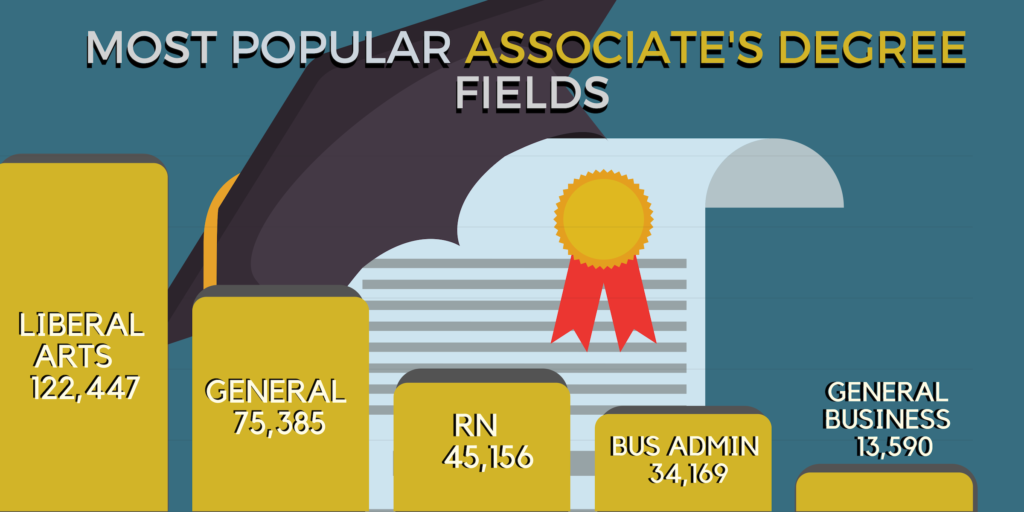
Vivid How Many Credit To Get An Associate Degree View in HD
Discover an amazing how many credit to get an associate degree background image, ideal for personalizing your devices with vibrant colors and intricate designs.

Lush How Many Credit To Get An Associate Degree Picture Collection
Find inspiration with this unique how many credit to get an associate degree illustration, crafted to provide a fresh look for your background.
Download these how many credit to get an associate degree wallpapers for free and use them on your desktop or mobile devices.
0 Response to "How Many Credit To Get An Associate Degree"
Post a Comment